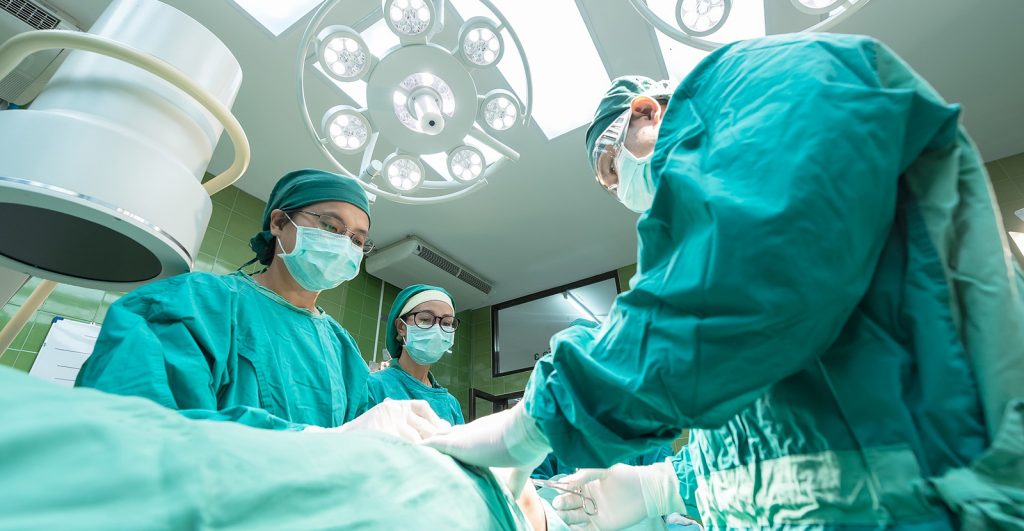alone Center researchers receives Science of Learning award to advance technology in surgical education.
The Johns Hopkins Science of Learning Institute recently awarded an interdisciplinary team of Johns Hopkins researchers with a two-year grant for a project that will explore the potential of technology in surgical education.
The project, titled “Enabling Technology as an Active Contributor to Human Learning of Complex Skilled Activities,” will bring together researchers from The Malone Center for Engineering in Healthcare, the School of Medicine, and the School of Education.
The team will use machine learning to enable technology to play an “active” role in the human learning of complex skilled activities. More specifically, this research will deliver expert-like coaching in the absence of mentors to make virtual reality-based surgical training more effective and efficient than conventional training, thus reducing the time to operating room readiness of surgical trainees. The methodology will be applicable to other fields where humans learn complex skills through interaction with technology, including learning social skills in autism spectrum disorders, learning to interface with industrial and space robots, and humans learning to drive cars or fly planes.
“Advances in healthcare will require new human-centered technology solutions that are shaped to address the needs of physicians and patients.” – Gregory D. Hager, principal investigator
“Advances in healthcare will require new human-centered technology solutions that are shaped to address the needs of physicians and patients. I’m excited that the Science of Learning Institute has supported this unique, cross-disciplinary team that will explore human-centered technology solutions that will revolutionize surgical education,” says Gregory D. Hager, Mandell Bellmore Professor of Computer Science and principal investigator for the project.
The Science of Learning Institute seeks to understand and optimize the most essential part of our human capital: the ability to learn. The Institute supports research projects that will generate scientific discoveries and build meaningful connections between research, practice, and policy.
The project team includes:
- Gregory D. Hager, Mandell Bellmore Professor of Computer Science and Director of The Malone Center for Engineering in Healthcare (principal investigator)
- Gina Adrales, associate professor of surgery, School of Medicine
- Bethany Sacks, assistant professor of surgery, School of Medicine
- Anand Malpani, assistant research scientist, The Malone Center for Engineering in Healthcare
- Swaroop Vedula, assistant research scientist, The Malone Center for Engineering in Healthcare
- Christina Harnett, associate professor, School of Education
- Linda Tsantis, associate professor, School of Education
